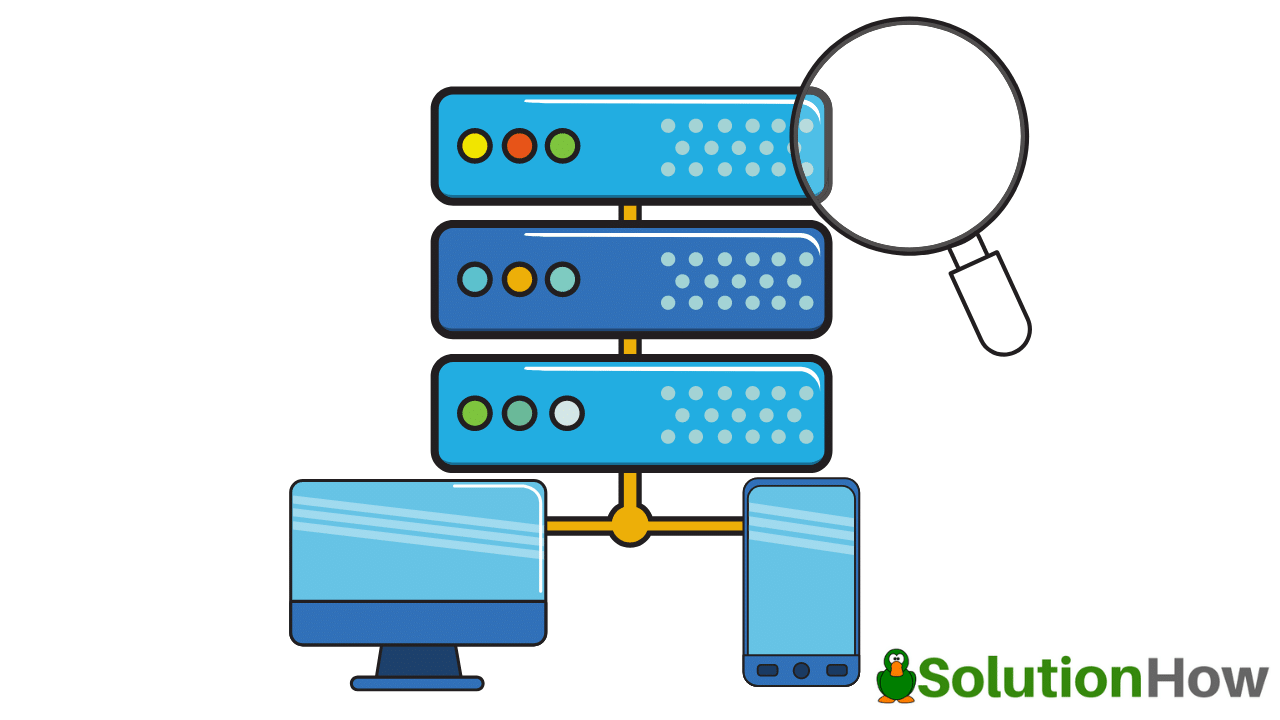
Nine things to know about web hosting before starting your site
Starting a website can be challenging, especially when it comes to choosing a web hosting provider. A web host is a service that provides the infrastructure necessary to make your website accessible on the internet. With so many options available, choosing the right one for your needs can be overwhelming.
In this post, we’ll cover nine things you should know about web hosting before starting your site.
Different types of web hosting
Web hosting services come in different types, such as shared hosting, VPS hosting, dedicated hosting, cloud hosting, and managed hosting. Each type offers different advantages and disadvantages, and you must choose the one that suits your website’s needs.
Shared hosting is the most affordable option, but you’ll have to share resources with other websites on the same server. VPS hosting provides more resources and control, while dedicated hosting gives you complete control over a physical server. Cloud hosting allows you to scale resources up or down as needed, and managed hosting suits those who want their web host to handle the technical details.
When choosing a hosting provider, consider factors such as website traffic, storage requirements, and the level of control you need. If you prioritize privacy, you could consider VPSBG, a Bulgarian hosting company providing services focusing on strong privacy protection. They offer VPS hosting plans that provide greater stability and control than shared hosting, making them a good option for small to medium-sized businesses.
Uptime and reliability
Uptime refers to the amount of time your website is accessible on the internet. Uptime is an important factor to consider when choosing a web hosting provider. If your website experiences frequent downtime, it can result in lost traffic and revenue and damage your brand reputation.
When a web hosting provider guarantees 99.9% uptime, they guarantee that your website will be accessible to visitors 99.9% of the time. It equates to roughly 43 minutes of downtime per month. Some web hosting providers offer even higher uptime guarantees, such as 99.99% or 100%, which means even less downtime.
Speed and performance
A fast website is essential for providing a good user experience. Look for a web host that provides fast page load times and server response times. Factors affecting website speed include the server location, server hardware, and the amount of traffic on the server. A web hosting provider that uses modern, high-performance hardware can provide faster page load times and server response times.
To ensure fast speed and performance, look for a web hosting provider that offers performance optimization tools, such as content delivery networks (CDNs), caching, and image optimization. These tools can improve website speed by reducing the amount of data that needs to be transferred to the user’s browser.
Security
Security is a top priority when it comes to web hosting. One of the most critical security measures is the use of SSL certificates. SSL (Secure Sockets Layer) is a protocol that encrypts data transmitted between the user’s browser and the web server, ensuring that sensitive information such as login credentials and payment details are protected. Most web hosting providers offer SSL certificates as part of their hosting packages or as an add-on.
Backups ensure that your website data can be restored in case of a security breach, server failure, or other unexpected events. Look for a web hosting provider that offers automated backups and easy restore options. Firewalls and malware scans are additional security measures that can help protect your website by detecting and removing malicious activity that could compromise your website’s security.
Customer support
Good customer support is essential when it comes to web hosting. If you encounter any issues with your website, you’ll want a reliable and responsive support team to help resolve the problem quickly. Therefore, choosing a web hosting provider offering excellent customer support is essential.
Look for a web host with 24/7 phone, email, or live chat support. It ensures that you get help whenever needed, even outside business hours.
In addition to traditional support channels, some web hosting providers offer resources such as knowledge bases, video tutorials, and forums. These resources can help troubleshoot issues or learn more about website management.
Scalability
As your website grows and attracts more visitors, you may find that your current hosting plan no longer provides enough resources to handle the increased traffic. In this case, you’ll need to upgrade to a higher-tier plan to ensure your website runs smoothly.
Look for a web host with easy scalability options to avoid downtime and ensure a smooth transition. It may include efficient upgrading to a higher-tier plan or adding more resources, such as additional disk space, RAM, or CPU cores, without migrating your website to a new server.
Additional features
Some web hosts may provide additional features such as website builders, email hosting, or domain name registration. Consider your needs and look for a web host with the most important features.
Website builders can be beneficial for those who are new to website design and development. With a website builder, you can create a professional-looking website without any coding knowledge. Similarly, email hosting can benefit businesses, allowing them to use a custom email address with their domain name.
Reputation and reviews
One of the best ways to evaluate a web hosting provider is by reading reviews from other customers. Look for reviews on independent websites, such as Trustpilot or SiteJabber, as these tend to be more reliable than reviews on the hosting provider’s website.
Pay attention to what other customers say about the provider’s uptime, speed, and customer support. Look for web hosts that have been in business for several years and have a strong track record of providing reliable service.
Terms of service
Before signing up for a web hosting provider’s service, it’s crucial to read and comprehend their terms of service to prevent any unexpected fees or surprises. A cancellation policy is one of the most critical things to examine. Make sure you understand the cancellation process and whether or not you’ll be charged any fee. Some providers may demand a particular notice period or charge a cancellation fee.
Conclusion
Choosing the right web hosting provider and plan can make a significant difference in the success of your website. Always take your time assessing your website’s needs and consider traffic, storage, and control factors. Doing so lets you choose a provider and plan that meets your requirements and provides the necessary resources and support for your website to thrive.





